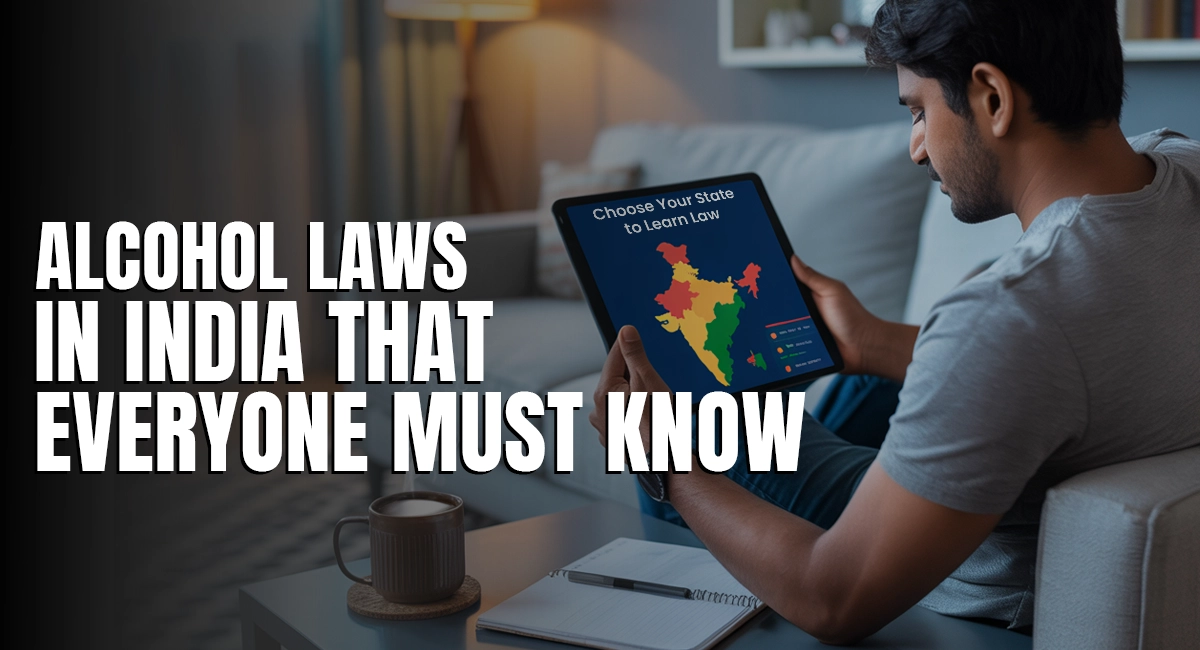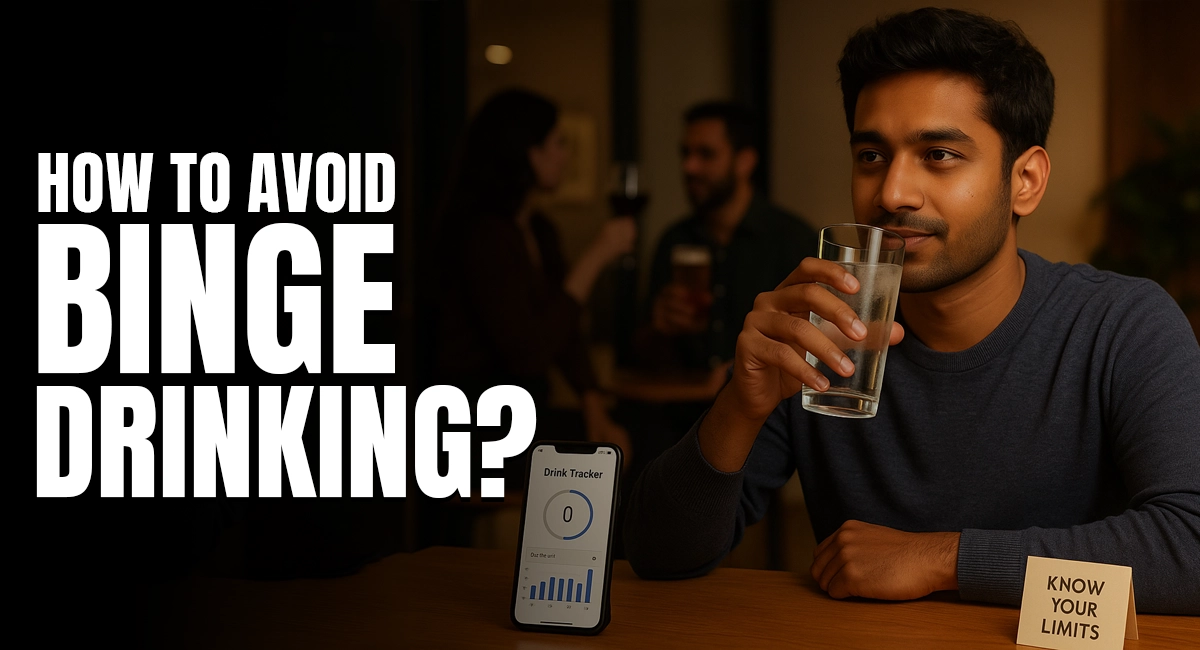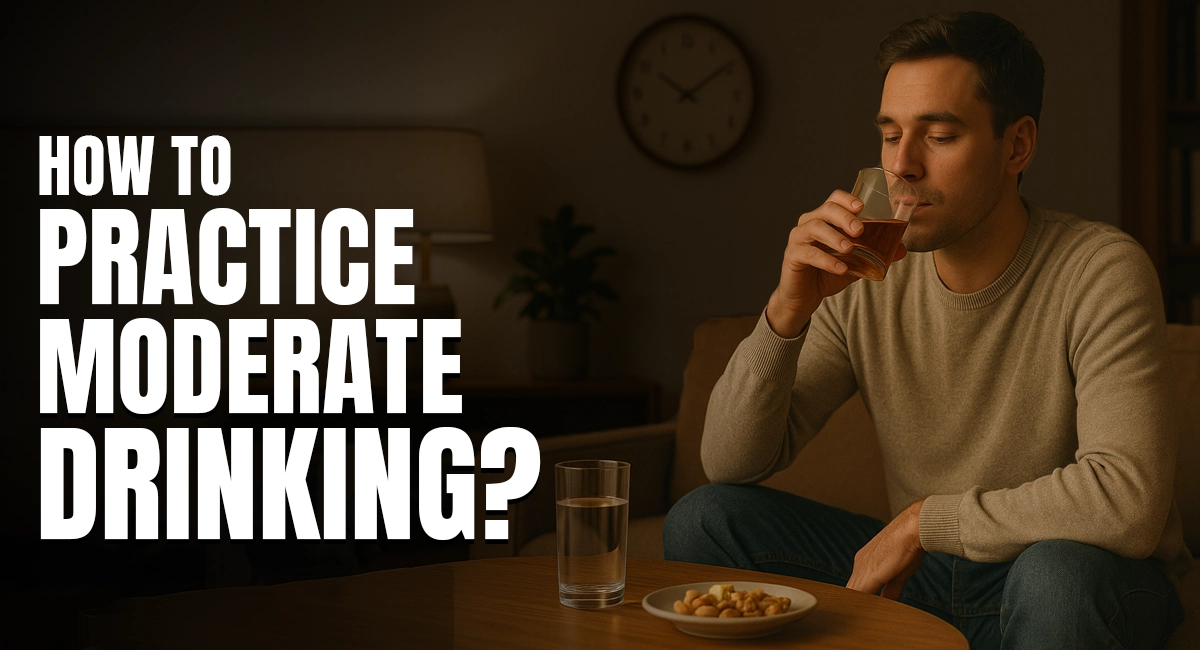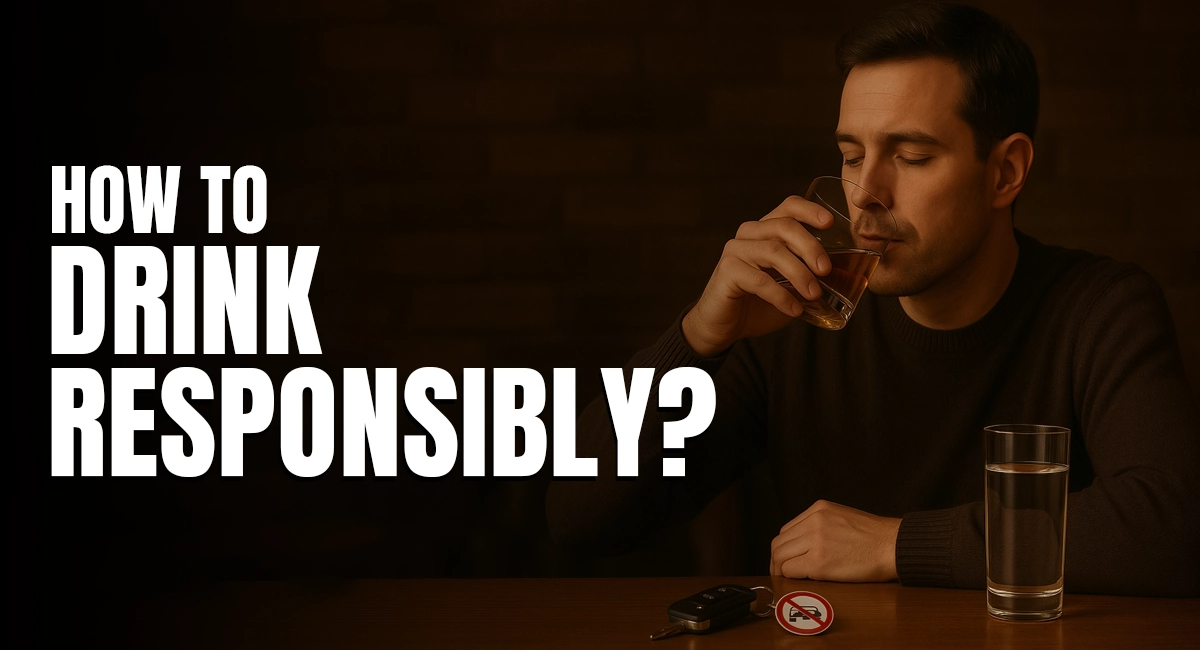How to Reduce and Quit Drinking?
Alcohol consumption is a socially accepted habit in many cultures, often associated with celebrations, stress relief or unwinding after a long day. While moderate drinking may not pose immediate health risks, excessive or habitual consumption can lead to physical, mental and social problems. From the liver disease and heart problems to the relationship challenges and mental health issues, the consequences of the alcohol misuse are far-reaching. Quitting or reducing the alcohol intake is not only beneficial for your health but it also strengthens your overall quality of life. In this blog, we’ll explore practical strategies and actionable steps to help you reduce and ultimately quit drinking.
Understanding Your Relationship with Alcohol
Before attempting to reduce or quit drinking, it is essential to understand your relationship with alcohol. Ask yourself:
- Why do I drink? Is it for social reasons, stress relief, boredom or habit?
- How much and how often do I drink?
- What triggers my alcohol consumption- certain situations, people or emotions?
Keeping a drinking diary for a week can help you to identify patterns. Write down each time you drink, how much you consumed and what prompted it. This self-awareness is the first step toward meaningful change.
Step 1: Set Clear Goals
Setting specific, achievable goals is crucial. Your objectives could be: -
- Reducing alcohol intake: For example, limiting yourself to a certain number of drinks per week.
- Quitting gradually: Slowly tapering off consumption over time.
- Cold turkey: Stopping completely from a set date.
Make your goals measurable and realistic. For instance, “I will reduce my drinking to no more than 2 days a week” is more actionable than “I will drink less.”
Step 2: Seek Professional Support
Alcohol dependence varies in severity and professional guidance can make the journey safer and more effective. Consider:
- Doctors and addiction specialists: They can assess your level of dependence and suggest medical interventions if necessary.
- Therapists or counsellors: Cognitive-behavioural therapy (CBT) and the motivational interviewing can help you to address the emotional triggers and develop coping strategies.
- Support groups: Organizations such as Alcoholics Anonymous (AA) offer peer support and structured recovery programs.
Medical supervision is particularly important if you experience the withdrawal symptoms such as tremors, anxiety, nausea or seizures, as these can be life-threatening in severe cases.
Step 3: Adopt Healthy Coping Mechanisms
Many people drink to cope with stress, anxiety or depression. Finding alternative coping strategies is key to reducing alcohol consumption. Some options include:
- Exercise: Physical activity reduces stress, improves mood and provides a healthy routine.
- Mindfulness and meditation: Practices like deep breathing, yoga or journaling can help manage triggers.
- Hobbies and social activities: Engaging in activities you enjoy diverts attention from drinking.
By replacing alcohol with healthier coping mechanisms, you reduce the likelihood of relapse.
Step 4: Change Your Environment
Your environment can substantially influence drinking behaviour. Consider:
- Avoiding high-risk situations: Try to skip the events or other social gatherings that encourage heavy drinking.
- Removing alcohol from your home: Out of sight, out of mind.
- Building supportive social circles: Always surround yourself with friends and family who respect your goals and encourage your healthier habits.
To create a supportive and healthy environment helps to minimize the temptation and strengthens your commitment.
Step 5: Implement Gradual Reduction Strategies
- Set drink limits: Reduce the number of drinks per session and track your progress.
- Delay drinking: When tempted, wait 15–30 minutes before having a drink. Often, the urge diminishes.
- Alternate with non-alcoholic drinks: Drinking water, soda or mocktails between alcoholic beverages can lower consumption.
- Measure your drinks: Pour standard servings instead of free-pouring to control intake.
Gradual reduction helps your body and mind adjust to lower alcohol levels and reduces withdrawal symptoms.
Step 6: Learn to Handle Triggers
Alcohol cravings often arise from triggers such as stress social pressure or routine habits. Strategies to manage triggers include:
- Identifying triggers: Note situations, emotions or people that prompt drinking.
- Developing a response plan: Prepare alternative activities or responses when cravings strike.
- Practicing refusal skills: Politely declining offers or suggesting non-alcoholic alternatives can empower you socially.
Over time, exposure to triggers without drinking can desensitize your urge and make abstinence easier.
Step 7: Celebrate Milestones and Practice Self-Compassion
Reducing or quitting the alcohol is challenging. Celebrate small victories to maintain motivation: -
- Reward yourself for staying within limits or completing a week without alcohol.
- Track progress in a journal or with apps designed for sobriety.
- Avoid self-criticism if setbacks occur. Slip-ups are part of the process; learn from them and continue forward.
Positive reinforcement and self-compassion strengthen resilience and long-term commitment.
Step 8: Consider Medical Interventions
For individuals with moderate to severe alcohol dependence, medical treatments can complement behavioural strategies:
- Medications: Some drugs reduce cravings or make drinking unpleasant. Examples include naltrexone, acamprosate or disulfiram.
- Detox programs: Supervised detox can manage withdrawal safely.
- Rehabilitation programs: Inpatient or outpatient rehab provides structured support, therapy and medical supervision.
Consult a healthcare provider to determine the best approach tailored to your needs.
Step 9: Maintain a Long-Term Plan
Quitting or reducing alcohol is not a one-time effort; it requires ongoing maintenance:
- Continue attending support groups or therapy sessions.
- Regularly revisit and adjust your goals.
- Keep practicing healthy coping strategies and stress management techniques.
- Monitor your physical and the mental health and consult with professionals if concerns arise.
Long-term success depends on sustainable lifestyle changes, not temporary restraint.
| Read More:- Recognize the Signs of Problematic Drinking |
Conclusion
Reducing or quitting alcohol is a long journey that requires self-awareness, planning, deter and persistence. By understanding your relationship with the alcohol, setting clear goals, seeking professional support, adopting healthy coping strategies and creating a supportive and healthy environment, you can regain control over your life. Remember, setbacks are natural and progress is often gradual. With patience, commitment and the right strategies, living a healthier, alcohol-free life is entirely achievable.
Taking the first step today, whether it’s setting a goal, talking to a professional or logging your drinking habits, can mark the beginning of a transformative journey toward improved health, relationships and overall well-being. For more such informative content stay connected to Boozerscouncil.org.
Recent Post
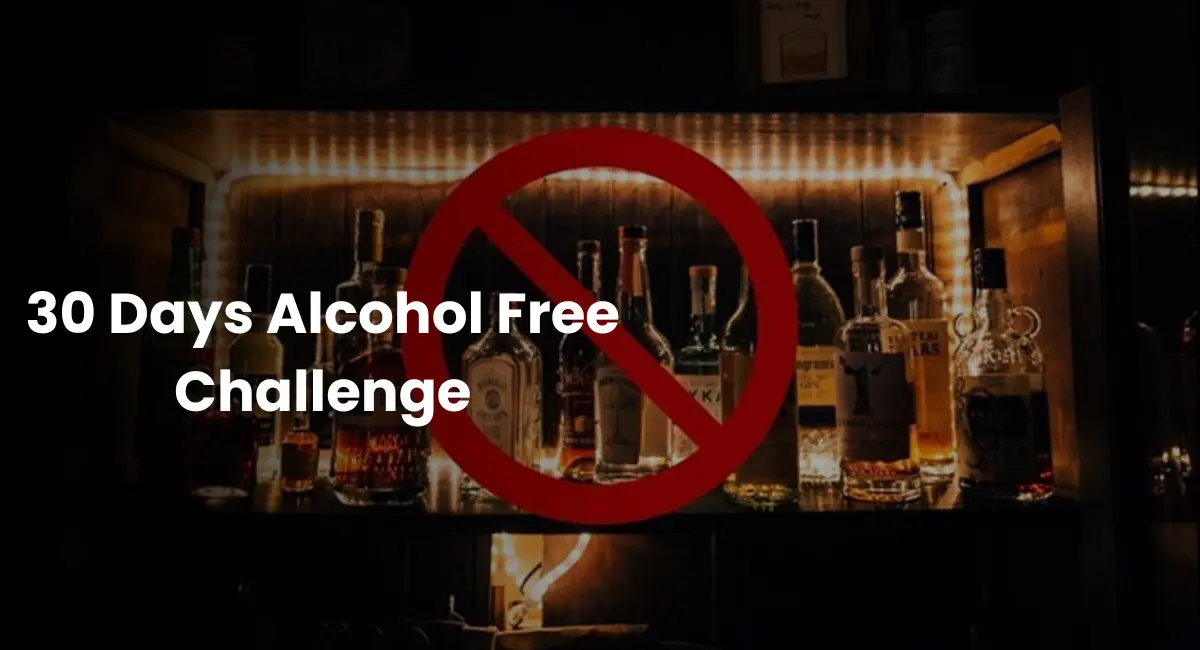
Alcohol-Free Challenge
This challenge isn’t about lifelong abstinence or strict rules; it’s about pausing, observing and understanding how alcohol truly...
December 17, 2025

Role of Schools and Colleges in Alcohol Awareness
This blog explains how schools and colleges can contribute effectively to alcohol awareness in line with widely recognised...
December 15, 2025
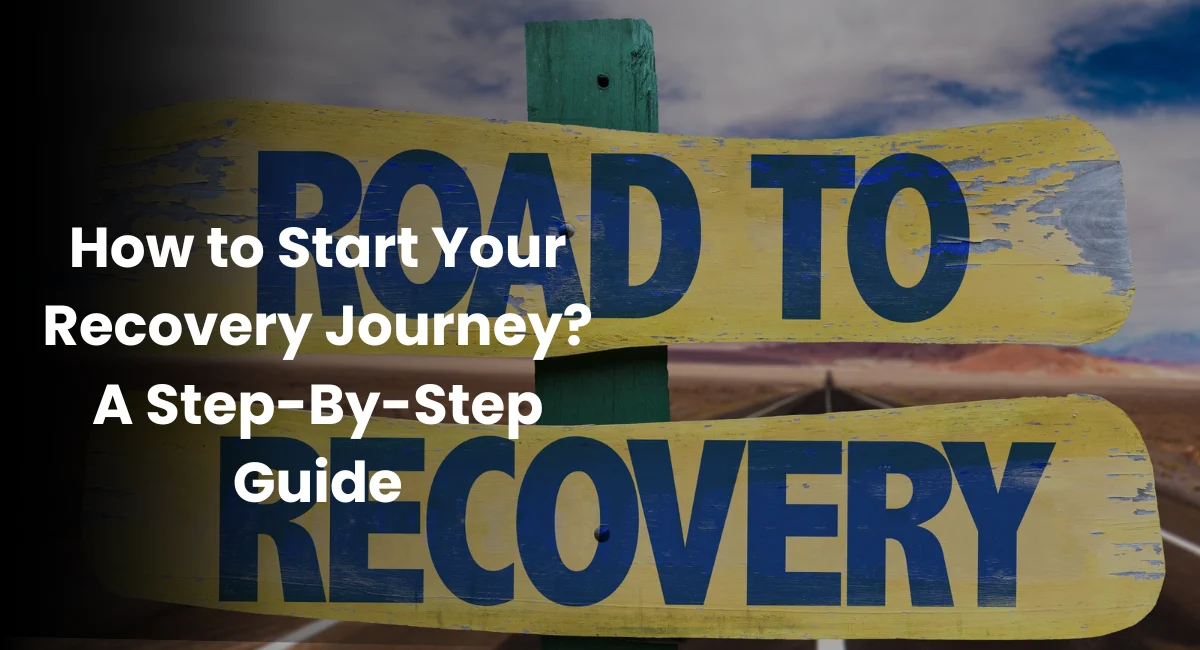
How to Start Your Recovery Journey from Alcohol Addiction
Recovery is a continuous process of healing, self-awareness and growth. With the right mindset, professional guidance and support...
December 09, 2025
Get The Free Quote!
KEEP IN TOUCH
POPULAR POSTS
Alcohol Laws in India
This decentralization results in widely varying legal drinking...
August 14, 2025 • 604 views.Binge Drinking
Binge drinking is often portrayed in movies and...
August 04, 2025 • 335 views.How Stress and Anxiety Can Lead to Unhealthy Drinking Habits
In this blog, we’ll explore how stress and...
October 17, 2025 • 291 views.How to Practice Moderate Drinking
In this blog, we’ll explore what moderate drinking...
August 02, 2025 • 276 views.How to Drink Responsibly
In this guide, we’ll explain and guide what...
July 31, 2025 • 261 views.



